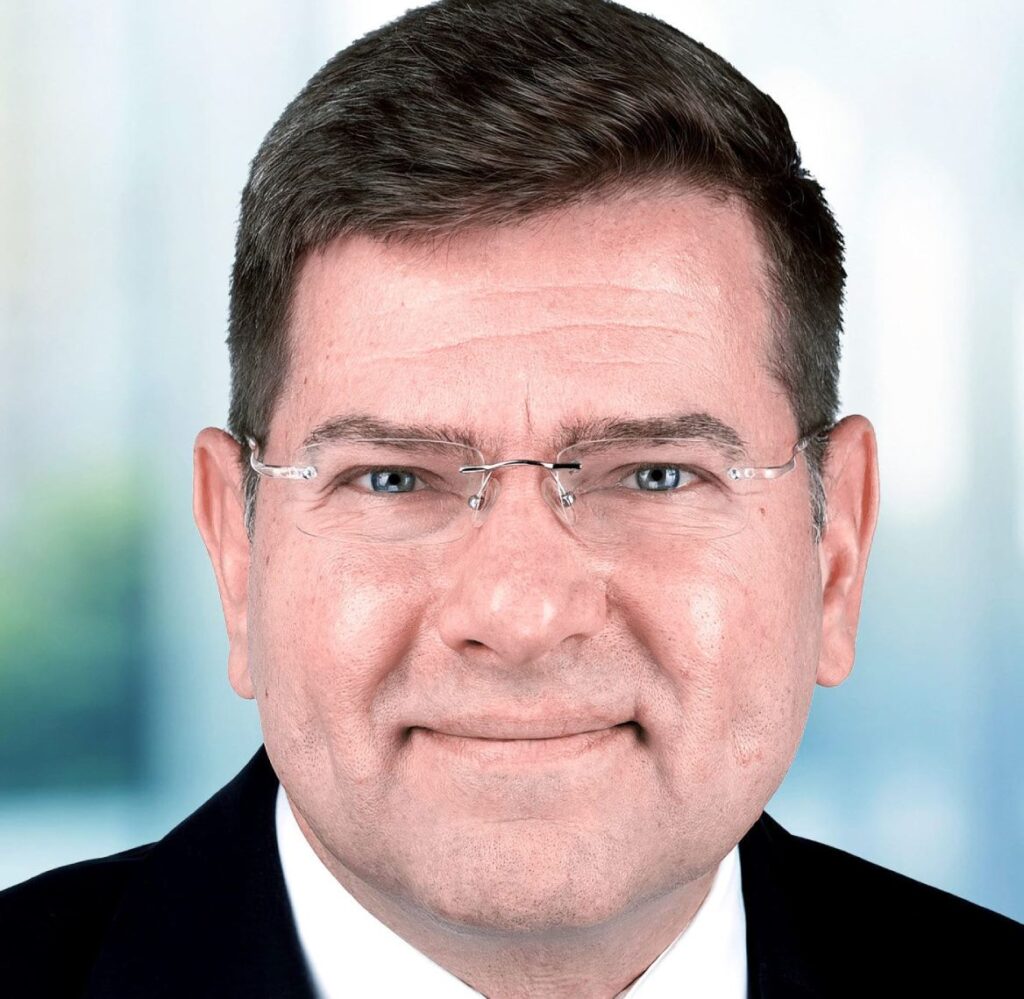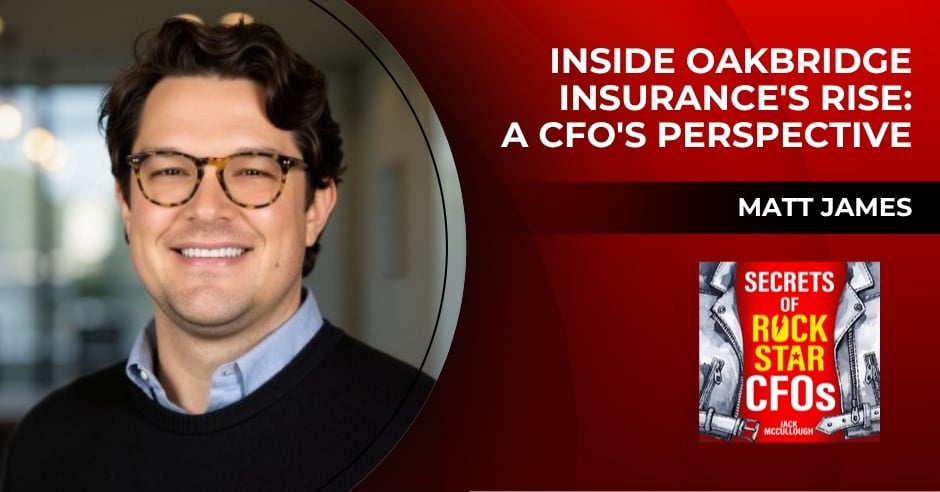As the host of Secrets of Rockstar CFOs, I’ve interviewed more than 80 of the best financial leaders in the world. Those conversations have given me a front-row seat to how the CFO role is transforming. The evolution has been profound: by 2030, the best CFOs will be the architects of organizational resilience, innovation and purpose.
The following trends—some already unfolding, others just emerging—are pushing the role in that direction. Leaders who embrace them will shape organizations that thrive in a world of relentless disruption.
AI-Driven Decision-Making
Artificial intelligence is already reshaping finance, but by 2030, AI will evolve from being a tool of analysis to a partner in decision-making. Future CFOs will oversee systems capable of making independent financial decisions at scale. These systems will not just suggest strategies—they will execute them, from real-time hedging against currency swings to dynamically allocating capital across business units.
The challenge for CFOs won’t be whether AI can do the work, but how much to trust it. CFOs will need to design governance models that combine human judgment with machine precision, ensuring that strategy remains anchored in long-term vision.
Blockchain and Decentralized Finance
Decentralized finance (DeFi) and blockchain technologies are moving from experimental to mainstream. By 2030, CFOs will be responsible for integrating blockchain into corporate operations, enabling faster settlements, transparent supply chains and tamper-proof audit trails.
The implications extend well beyond efficiency. CFOs must also manage regulatory uncertainty, tax implications and the cultural shift of moving from centralized authority to distributed trust. The companies that succeed will be those whose finance leaders strike a balance between innovation and control—leveraging blockchain’s potential while safeguarding shareholder value.
Quantum Computing in Financial Modeling
Today’s risk models, even the most sophisticated ones, remain constrained by the limits of classical computing. Quantum computing promises to surpass those limits. By 2030, quantum technology could allow CFOs to forecast scenarios with a precision that makes today’s Monte Carlo simulations look quaint.
Imagine running millions of risk models in seconds, evaluating every conceivable variable from climate volatility to shifting trade policies. Early adopters will have a strategic edge, spotting risks and opportunities before competitors even see them forming on the horizon. The race will be won by companies that can embed quantum tools into decision-making in ways that add real strategic value.
Creation of Circular Economies
The CFO of 2030 will be measured not only by earnings per share but by the organization’s ability to create long-term, sustainable value. Compliance with environmental, social, and governance (ESG) standards will be a table-stakes requirement. The real frontier lies in building regenerative business models—ones that reduce waste, recycle resources and support circular economies.
This shift will demand financial leadership that ties sustainability directly to profitability, proving that “doing good” and “doing well” are not mutually exclusive. Tomorrow’s CFO will translate sustainability into financial strategy, driving innovation that enhances both the bottom line and the planet’s resilience.
Global Risk Management
As globalization deepens, so too does volatility. Currency fluctuations, shifting tax regimes and unpredictable regulatory environments will demand that CFOs become geopolitical strategists. The finance leader of 2030 will be expected to anticipate shocks—from trade wars to cyber conflicts—and develop agile systems that enable companies to pivot in real-time.
This role won’t be confined to managing risk. It will also involve spotting growth opportunities in emerging markets, understanding cultural nuances and aligning financial models with the complexities of global supply chains. In short, CFOs will become guardians of global resilience.
Proactive Cybersecurity Leadership
By 2030, cybersecurity will be a core financial issue, as breaches can instantly devastate shareholder value. CFOs will be on the front line of this battle, not just funding cybersecurity initiatives but actively leading cross-functional teams to implement robust defenses.
Expect CFOs to be judged not only by how well they manage capital but also by how effectively they protect it in digital form. Cybersecurity will sit alongside liquidity and profitability as a defining metric of financial stewardship.
Ethical AI and Data Stewardship
As organizations collect and process more data than ever before, the ethical responsibilities of CFOs will expand. The future CFO will need to ensure compliance with a patchwork of global privacy laws, manage the risks of algorithmic bias and balance innovation with corporate responsibility.
Future CFOs will not only be custodians of financial capital but also of data capital. That involves creating frameworks for the ethical use of AI, ensuring transparency in automated decisions, and embedding empathy into data governance. In a world where trust is a competitive advantage, the CFO’s voice will be critical.
Empathy-Driven Leadership
Leadership in 2030 will be measured as much by emotional intelligence as by financial acumen. The CFO of the future will lead diverse, distributed and cross-functional teams where empathy is the glue that holds collaboration together.
Finance leaders will need to create cultures of inclusivity, resilience and trust. High empathy won’t be a soft skill—it will be a hard requirement. Teams led by empathetic CFOs will be more innovative, more loyal and more effective in navigating disruption.
Adaptability to Work Models
The shift to hybrid and remote work is not a temporary response to a pandemic—it is a permanent redefinition of how organizations function. By 2030, CFOs will design financial management systems that account for decentralized workforces. That means ensuring productivity, maintaining morale and safeguarding operational control regardless of employee location.
This adaptability extends to capital allocation as well. CFOs will need to reimagine real estate strategies, travel budgets and technology investments to reflect a world where the “office” is as much digital as it is physical.
Enhanced Global Vision
Above all, the CFO of 2030 will be a strategist with a panoramic view. They will have to anticipate market shifts, understand cultural differences and navigate regulatory landscapes. Their role will be less about reacting to financial data and more about shaping the organization’s trajectory in an unpredictable world.
This global vision requires not only analytical skill but also creativity and courage. The CFO of the future must see around corners, anticipate challenges before they become crises and seize opportunities before they become apparent.
The CFO of 2030 will be unrecognizable to many of today’s finance leaders. They will be technologists, sustainability champions, cybersecurity strategists and empathetic team builders. Their decisions will ripple far beyond the finance function, shaping how companies innovate, compete and contribute to society.







